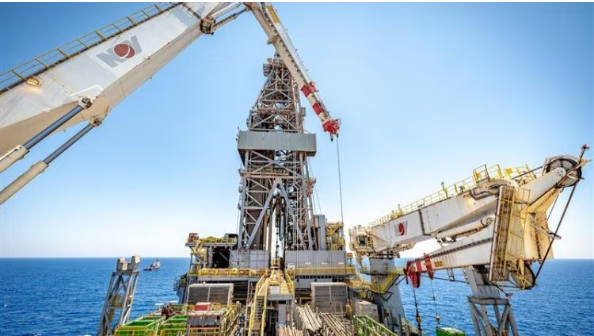World Bank board approves $50m to strengthen Kenya’s capacity in oil and gas industry
[twitter-follow screen_name=’oilnewskenya’]
The World Bank’s Board of Executive Directors has approved US$50 million for the Government of Kenya to strengthen its capacity to manage the oil and gas sector and the distribution of its revenues to create sustainable growth across all areas of the country’s economy.
With the recent discovery of oil, the International Development Association (IDA)* credit for the Kenya Petroleum Technical Assistance Project (KEPTAP) will focus on development measures to generate more private investment in the country’s oil and gas industry, boost more efficient production, manage the impacts, allocate higher government oil and gas revenues for development priorities, and increase collaboration between the these extractives sectors and the domestic economy.
“The Government of Kenya acknowledges that the development of a successful petroleum sector is never about petroleum alone, but also about managing its impacts for sustainable development”,” said Diarietou Gaye, the World Bank’s Country Director for Kenya. “The World Bank supports the government’s efforts to streamline the petroleum sector to increase efficiency of decision-making related to policy formation, planning, investments, and private sector participation,”
Successful implementation of the project will pave the way for economic growth and enhanced well-being for the people of Kenya, contributing to poverty reduction and shared prosperity. Transparency and good governance in oil contracts and revenue will be ensured through stronger collaboration between the national and county governments hosting the new petroleum resources and also with civil society organizations, private sector and local communities in these areas.
In order to help stimulate economic growth in Kenya, the project will promote petroleum activities to contribute to fiscal and foreign exchange revenues. It will also support entrepreneurial activities by improving the investment climate for the private sector and enhancing the oil and gas legal and institutional framework.
In addition the project will support the drafting of key policy and planning documents as well as capacity building among existing government institutions and clarification of their roles and responsibilities. There is significant emphasis on training so government staff is well equipped to deliver the expected outcomes. The project will also increase vocational training capacity for the oil and gas sector of Kenya therefore increasing the availability of trained staff to the private sector.
“The project supports effective government management of the oil and gas industry through capacity building, technical assistance, training programs, and the development of a legal and institutional framework,” said Alexander Huurdeman, the World Bank Task Team Leader for the
project. “We are excited for its implementation and the potential to create sustainable impacts for Kenya, including the development of a petroleum industry, improved transport infrastructure, expanded power supply, job creation, and positive economic benefits from strategic investment of the revenues generated.
[twitter-follow screen_name=’oilnewskenya’]











